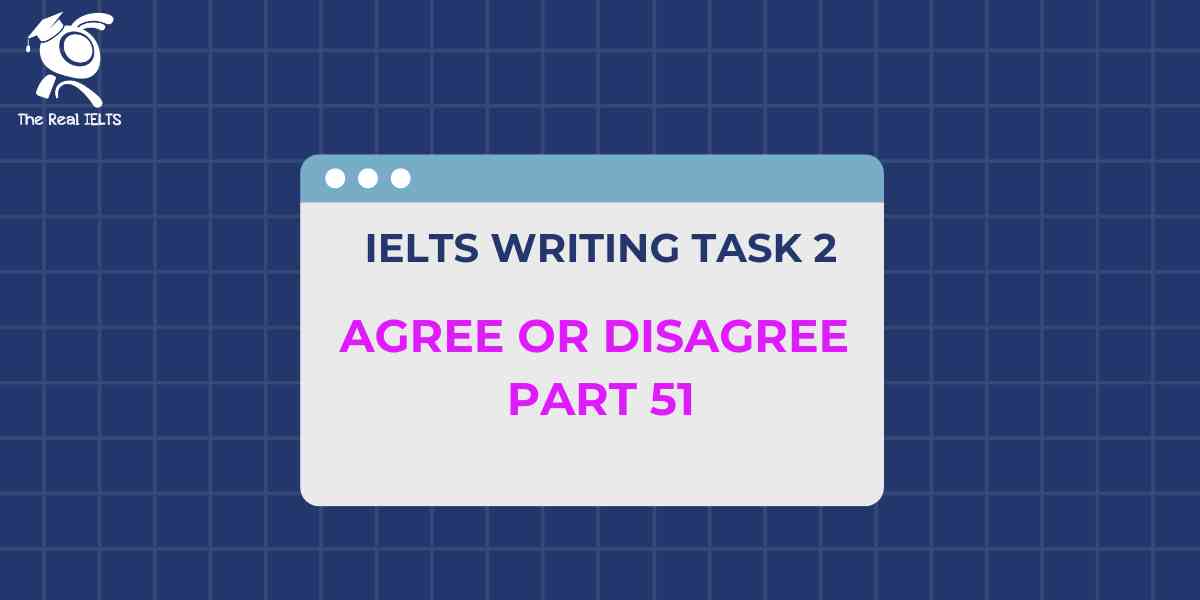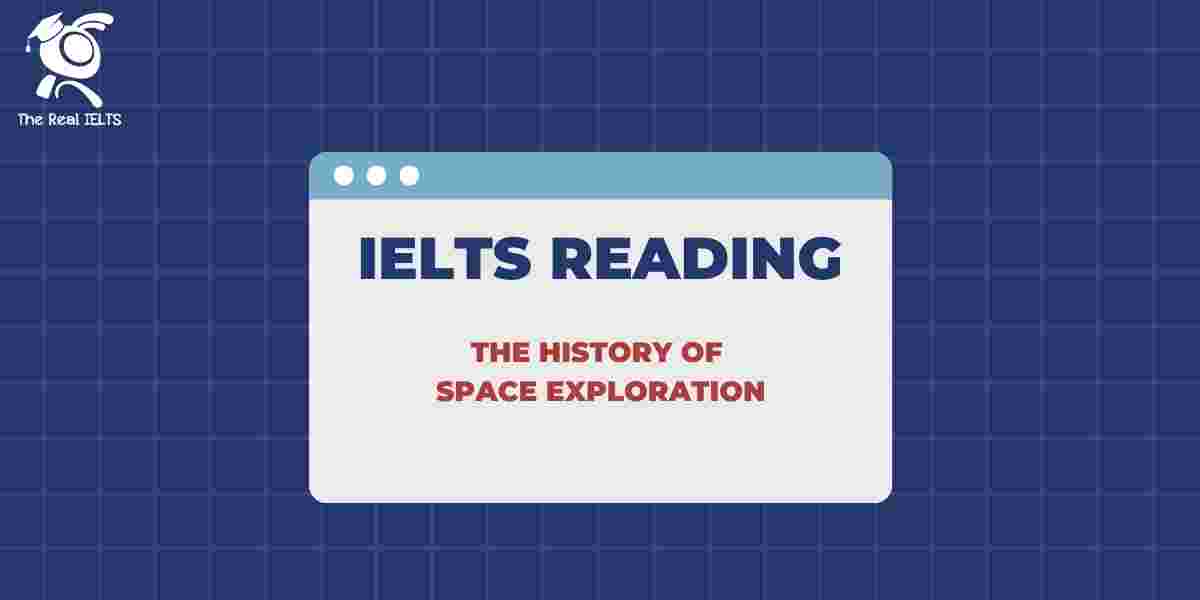IELTS Reading 69: The role of banks in the economy là chủ đề thuộc chuỗi bài luyện tập 11 dạng bài IELTS Reading và các bài tập luyện tập.
Học lại bài cũ: IELTS Reading 68: Startups and their challenges.
IELTS Reading: The role of banks in the economy
Banks play a crucial role in the functioning of modern economies. They serve as intermediaries between savers and borrowers, facilitating the flow of funds in the economy. By accepting deposits from individuals and businesses, banks create a pool of resources that can be lent out to those in need of capital. This process of financial intermediation is vital for promoting economic growth and stability.
One of the primary functions of banks is to provide loans to businesses and consumers. These loans enable businesses to invest in expansion, purchase new equipment, and hire employees, thereby stimulating economic activity. For consumers, loans facilitate significant purchases such as homes and cars, contributing to increased demand in the economy. The ability of banks to assess credit risk and allocate funds efficiently ensures that resources are directed to the most productive uses.
In addition to lending, banks also provide various financial services that support economic activities. They offer payment systems that allow for the seamless transfer of funds between parties, making transactions more efficient. Furthermore, banks provide safekeeping for deposits, ensuring that individuals and businesses can trust that their money is secure. This trust is fundamental for the stability of the financial system and encourages more people to save and invest.
Banks also play a critical role in monetary policy. Central banks, which oversee the banking system, use tools such as interest rates and reserve requirements to influence the economy’s money supply. By adjusting these factors, central banks can control inflation, stabilize currency, and promote sustainable economic growth. Through their actions, banks can either stimulate or cool down economic activity based on the prevailing economic conditions.
Moreover, banks contribute to financial markets by providing liquidity and facilitating investment. They play a significant role in underwriting securities, allowing businesses to raise capital by issuing stocks and bonds. This process not only benefits the companies but also provides investors with opportunities to earn returns on their investments.
However, the banking sector is not without risks. The 2008 financial crisis illustrated the potential dangers of excessive risk-taking by banks. Poor lending practices and the failure to adequately assess credit risks can lead to significant economic downturns. As a result, regulatory frameworks have been established to monitor and mitigate these risks, ensuring that banks operate in a safe and sound manner.
In conclusion, banks are integral to the functioning of the economy. Through their roles in lending, providing financial services, facilitating monetary policy, and contributing to financial markets, banks support economic growth and stability. However, the importance of robust regulatory measures cannot be overstated, as they are essential for preventing the systemic risks that can arise from banking activities. As economies continue to evolve, the role of banks will remain a cornerstone of financial systems worldwide.
Questions
1. Multiple Choice
- What is the primary function of banks in the economy? A) To provide financial advice
B) To serve as intermediaries between savers and borrowers
C) To manage government funds
D) To regulate financial markets
2. True/False/Not Given
- Banks only lend money to large corporations.
- Central banks have the authority to influence the economy’s money supply.
- The article states that all banking activities are completely risk-free.
3. Yes/No/Not Given
- Banks are the only institutions responsible for providing loans in the economy.
- The passage suggests that the role of banks is essential for economic growth.
- The author believes that regulations are unnecessary for banks to operate effectively.
4. Matching Information
- Match the following roles to their descriptions: A) Financial intermediation
B) Monetary policy influence
C) Provision of payment systems
D) Underwriting securities
5. Matching Headings
- Choose the most suitable heading for each paragraph: A) The impact of banks on consumers
B) Risks associated with banking
C) Functions of banks in the economy
D) The relationship between banks and economic growth
6. Matching Sentence Endings
- Banks create a pool of resources that can be…
A) allocated to unproductive uses.
B) lent out to those in need of capital.
C) kept safe from the economy.
D) distributed evenly among all sectors.
7. Sentence Completion
- One of the primary functions of banks is to provide _____ to businesses and consumers.
8. Summary Completion
- Fill in the blanks in the following summary:
Banks serve as _______ between savers and borrowers, enabling _______ and supporting _______.
9. Diagram Label Completion
- Complete the labels in the diagram that illustrates the flow of funds between banks, savers, and borrowers based on the information in the passage.
10. Short Answer Questions
- What do banks offer that facilitates efficient transactions between parties?
- How do central banks influence the banking system?
11. Table/Flowchart/Note Completion
- Complete the table with the roles of banks and their corresponding descriptions:
| Role | Description |
|---|---|
| Providing loans | |
| Facilitating economic growth | |
| Ensuring deposit security |
Đáp án
1. Multiple Choice
- B) To serve as intermediaries between savers and borrowers
2. True/False/Not Given
- False (Banks lend to both individuals and businesses, not just large corporations.)
- True (Central banks influence the economy’s money supply.)
- False (The article highlights the risks involved in banking activities.)
3. Yes/No/Not Given
- No (Other institutions can also provide loans.)
- Yes (The passage suggests that banks are essential for economic growth.)
- No (The author emphasizes the importance of regulations for banks.)
4. Matching Information
- A) Financial intermediation – (Facilitates flow of funds)
B) Monetary policy influence – (Controls money supply)
C) Provision of payment systems – (Enables efficient transactions)
D) Underwriting securities – (Allows businesses to raise capital)
5. Matching Headings
- A) The impact of banks on consumers – (C)
B) Risks associated with banking – (B)
C) Functions of banks in the economy – (A)
D) The relationship between banks and economic growth – (D)
6. Matching Sentence Endings
- Banks create a pool of resources that can be…
B) lent out to those in need of capital.
7. Sentence Completion
- One of the primary functions of banks is to provide loans to businesses and consumers.
8. Summary Completion
- Fill in the blanks in the following summary:
Banks serve as intermediaries between savers and borrowers, enabling lending and supporting economic growth.
9. Diagram Label Completion
- Complete the labels in the diagram that illustrates the flow of funds between banks, savers, and borrowers based on the information in the passage.
- Labels should include terms like “Deposits,” “Loans,” “Savers,” and “Borrowers,” as per the text.
10. Short Answer Questions
- What do banks offer that facilitates efficient transactions between parties?
Payment systems - How do central banks influence the banking system?
By adjusting interest rates and reserve requirements.
11. Table/Flowchart/Note Completion
- Complete the table with the roles of banks and their corresponding descriptions:
| Role | Description |
|---|---|
| Providing loans | Enables businesses to invest and consumers to purchase significant items. |
| Facilitating economic growth | Stimulates activity through loans and investment. |
| Ensuring deposit security | Provides safekeeping for deposits and builds trust in the financial system. |















